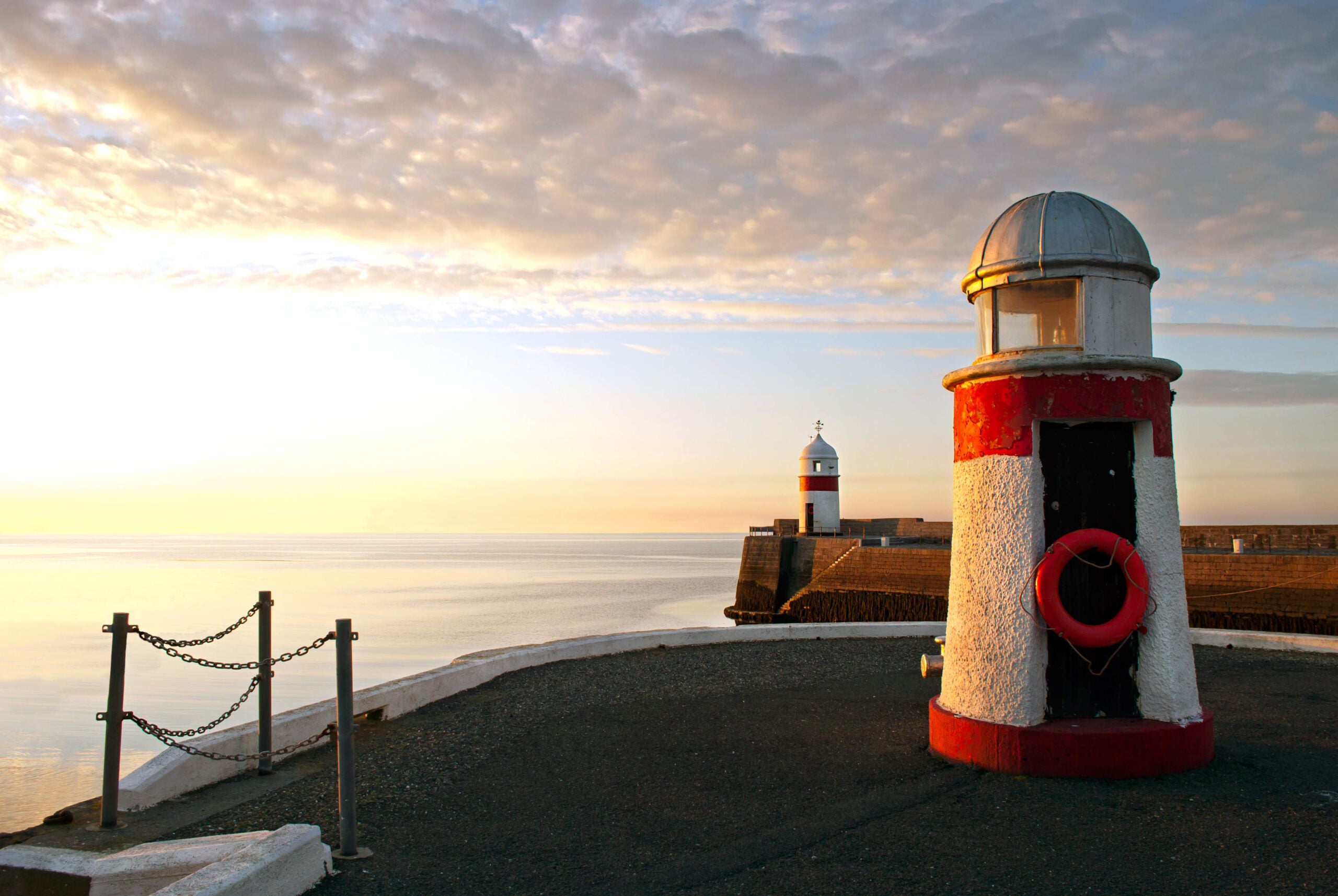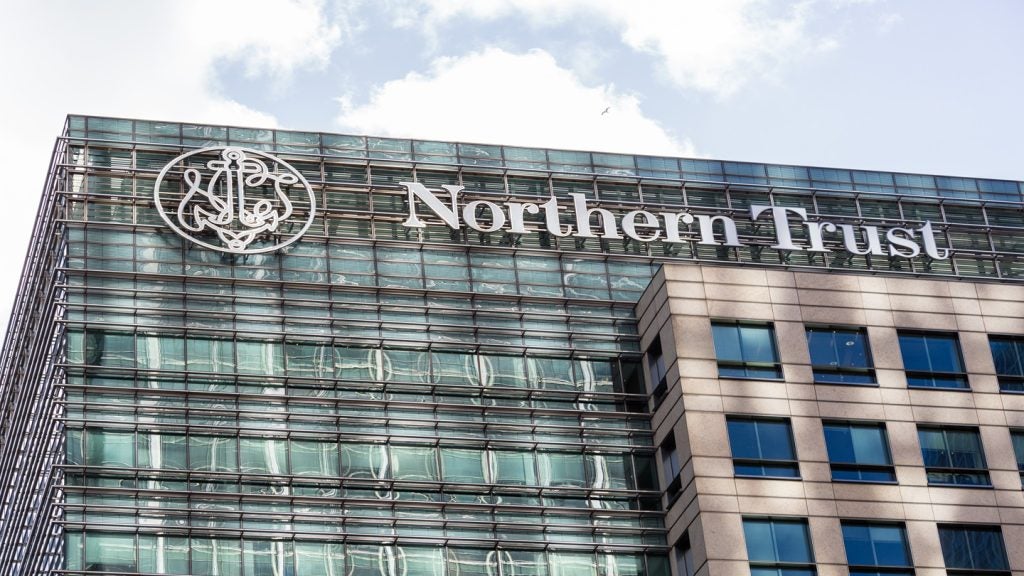
The Isle of Man (IOM) is looking to diversify away from financial services as banks on the island have been consolidating since 2008. A number of tax incentives are in place to attract HNWIs to reside and start businesses, rather than merely holding their assets in offshore accounts. John Schaffer visits the IOM to find out details.
The Isle of Man (IOM) is suitably quaint. Much akin to an old English town, it certainly doesn’t exude the glitz and glamour that one would associate with a wealth hub. However, the island’s lush countryside and slower pace is looking to attract a different type of high net worth individual (HNWI).
The island’s government has put in place a collection of incentives to attract the wealthy onto the island – namely a cap which limits tax payable to £125,000 per year. IOM residents are also exempt from capital gains tax and inheritance tax.
The island is also seeking to diversify its industries away from financial services. Simon Pickering, head of on-island Development at IOM Government, department of economic development, notes that the proportion of the island’s GDP devoted to finance was 50% at its peak, and now stands at 32%.
“Whilst financial and professional services continue to be our economic bedrock, we have been successfully diversifying as well. We’ve opened up to new sectors such as e-gaming, fintech and biotech alongside looking after traditional financial services,” Pickering says.
How well do you really know your competitors?
Access the most comprehensive Company Profiles on the market, powered by GlobalData. Save hours of research. Gain competitive edge.

Thank you!
Your download email will arrive shortly
Not ready to buy yet? Download a free sample
We are confident about the unique quality of our Company Profiles. However, we want you to make the most beneficial decision for your business, so we offer a free sample that you can download by submitting the below form
By GlobalDataDermot Hamil, head of wealth management, IOM at Canaccord Genuity says:
“Government policy to diversify away from financial services has been hugely successful. Private banking, investment banking, structuring and fiduciaries have consolidated a lot since 2008.”
In response to the consolidation of banks on the island, the IOM government launched its alternative banking regime in August 2016 to provide more choice for non-retail customers and to encourage private banks, challenger banks and foreign banks to set up on the island.
Pickering says: “Since 2008, the number of banking license holders has dropped from the low 40s to the upper teens.”
David Long, CIO at Capital International Group tells PBI:
“We’re reliant on four UK banks for our monetary infrastructure, and those four banks have been gradually reducing their appetite to do business on the island since the financial crisis.
“Operating in the IOM, offshore, puts you one box higher on the risk spectrum. That causes difficulty for an onshore bank operating in IOM, and is why they’ve been withdrawing services.”
HNWI incentives
The advantages for UK HNWIs buying property on the island for tax reasons have eroded due to the changes to UK resident non-dom legislation that have come into action in early April 2017.
However, Stuart Nelson, director of corporate & fiduciaries at Barclays Wealth, says that approximately half of Barclays Wealth’s IOM client base is UK resident non-doms:
“The Island attracts larger segment clients who are jurisdictionally agnostic.
“At Barclays, there’s a 50/50 split between UK resident non-doms and international clients on the Island.”
The IOM’s government is attempting to incentivise the wealthy to permanently reside on the island and start businesses. Pickering refers to creating an “enterprise Isle”.
The government launched an enterprise scheme in 2016 to help grow businesses, this is backed by £50m of government money.
One attractive factor of the island is the speed with which entrepreneurs have access to government officials, and the speed with which they can potentially grow a business. Pickering says: “This is an island where you can meet the head of the regulator, head of customs and excise, head of income tax and our minister all in one day.”
Pickering adds that the government’s aims in terms of attracting HNWI numbers are modest:
“Getting another 10 HNWIs to the IOM every year is quite a big plus for us. The last 12 notable HNWIs who have come to the island created approximately 700 jobs.”
Offshore reputation
The island has long attempted to shake off its tax haven status. Pickering says: ““We remain committed to tax transparency.”
Nelson says: “If all you’ve got going is a lower tax regime, over time someone will beat or equal that.”
Long adds: “For UK residents, there’s no tax benefit for holding assets in the IOM. The island’s USP is for international clients who want to reside their international activities in the IOM.”
According to Hamil, quality is the differentiating factor rather than location: “You have to attract clients on performance and the ability to deliver, not the fact that you are based in the IOM.”
Long says that the burden of regulations such as the Common Reporting Standard (CRS) is causing UK clients to re-allocate their assets onshore:
“CRS is costly and an administrative burden. It could cause conflicting reporting from different institutions. An individual who might have multiple accounts all over the place is going to be reported in different ways. What you will get is discrepancies between reporting entities and what individuals put on their tax return.
“What it does mean is that clients look at the situation and see no benefit to having an account offshore, as there’s no tax to be avoided anyway. So they just put their assets onshore.”
With the rapid growth of Asian offshore centres such as Singapore and Hong Kong, is the island continuing to be attractive to the demanding needs of international HNWIs?
Nelson says that time zones are a distinguishing factor:
“Asian offshore centres are potentially competition. However, people still like to deal within the same time zone. Singapore and Hong Kong will service the wealthy in Asian markets, but will they become attractive for the European and African time zone? I don’t see them as a significant threat.
“I don’t see a UK resident non-dom switching to an Asian offshore centre. Generally, people still like to deal with people located in their area of the globe and in the same time zone.”
How is Brexit impacting the island?
Long suggests that Brexit could be beneficial for the island:
“Crown dependencies were historically the feeders of international money into the City of London. The EU has worked hard over many decades to break that linkage, and instead put European entities like Luxembourg and Dublin in the freeport position.
“Brexit will work well for the crown dependencies. They will fall back to their natural state of being international conduits of flows into London. That will benefit both London and the crown dependencies.”
Hamil says: “I can’t see Brexit having a negative effect on what we’re doing. It may open up more markets for us, depending on what’s negotiated.”







